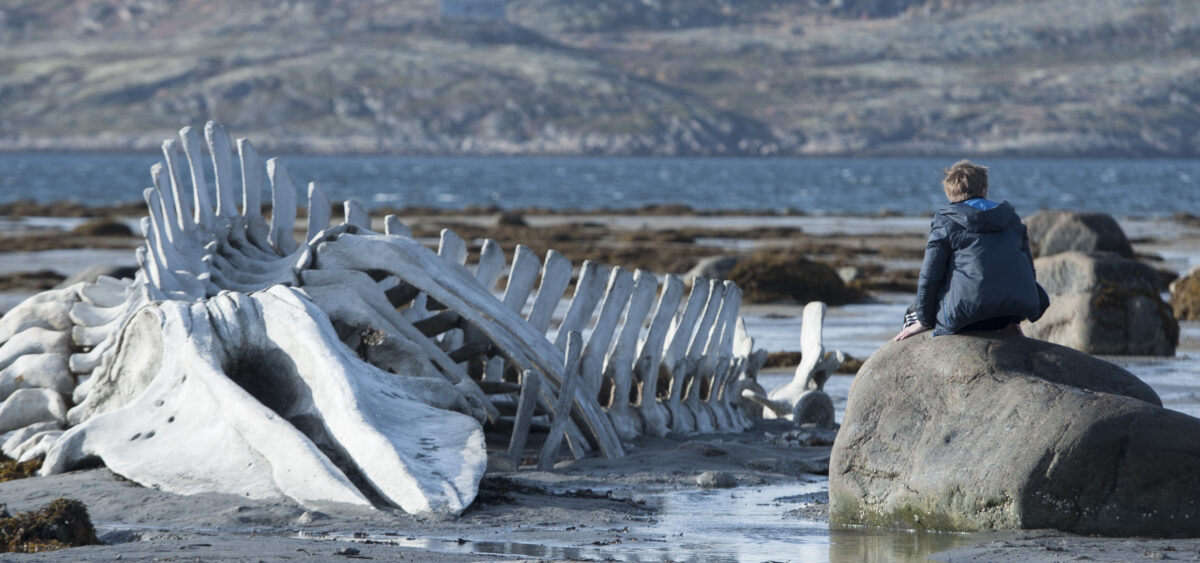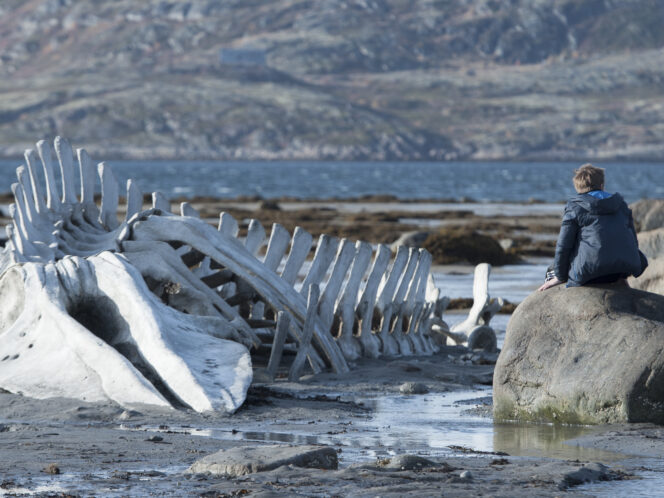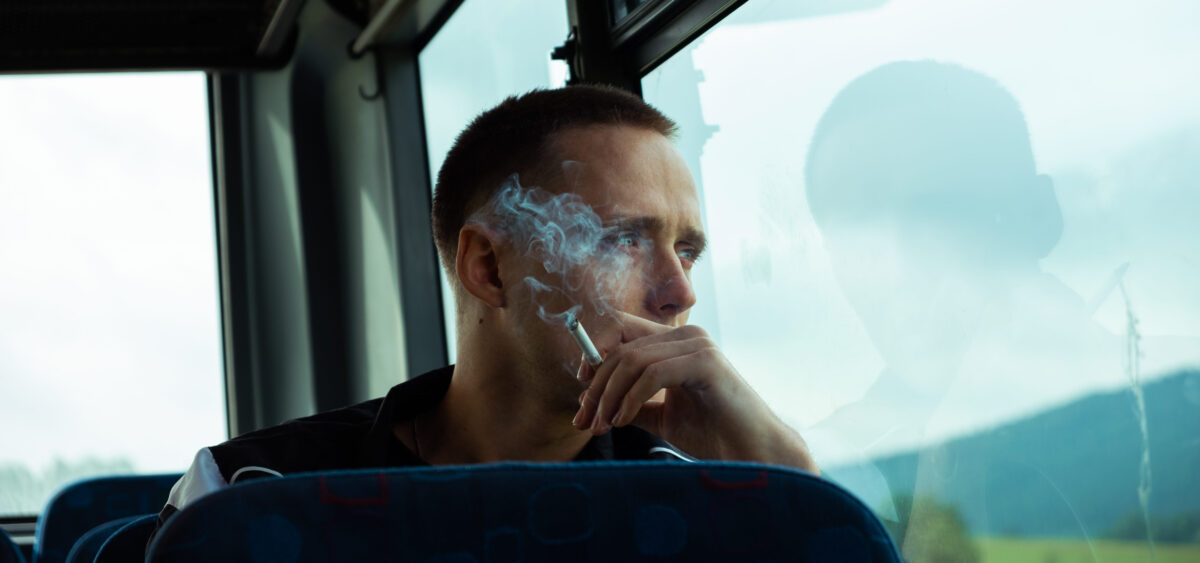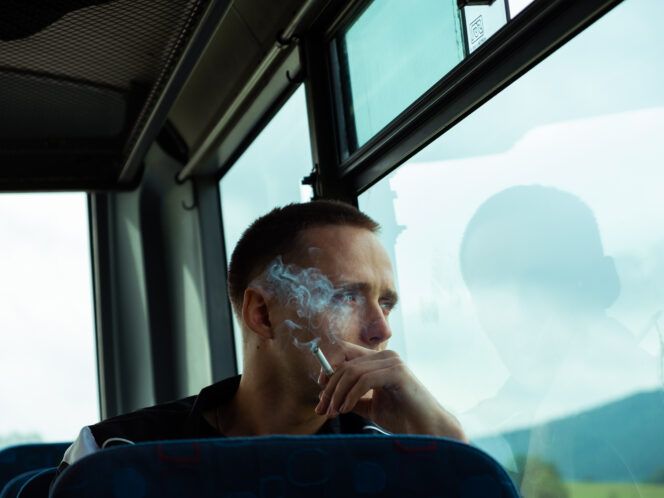
When it comes to cinema, the idea of a European ‘New East’ might just be a mirage. The term is often used in the Western media as a simple category to keep lumping post-communist countries together, as if they still have something distinctly in common. Perhaps they don’t, and do not wish to be forever cursed to be ‘not West’, an imaginary other defined in opposition. But no great cinema exists outside history, or the past’s legacy, even when its project is breaking free from tired limitations and labels, and transforming the world anew. In tribute to where the past decade has taken countries of the New East, or rather, where they have taken it, and their identities, creatively, we have compiled a list of 10 of the best films. These are 10 of the era’s best, from the region, sure, but from anywhere, full stop. So oppressive groupings or labels need not apply. Other strong examples of what these 10 films do so well also get special mentions.
All These Sleepless Nights
If there’s any film of the last decade that embodied a young generation’s optimistic hope, it has to be Michał Marczak’s All These Sleepless Nights (2016), an intimate and fluid blend of documentary and fiction. “I Hear A New World”, a pop number by experimental trailblazer Joe Meek, sounds out as the camera glides across Warsaw’s night skyline, fireworks exploding around the Palace of Culture. As a gift from Stalin, the gargantuan building has been








